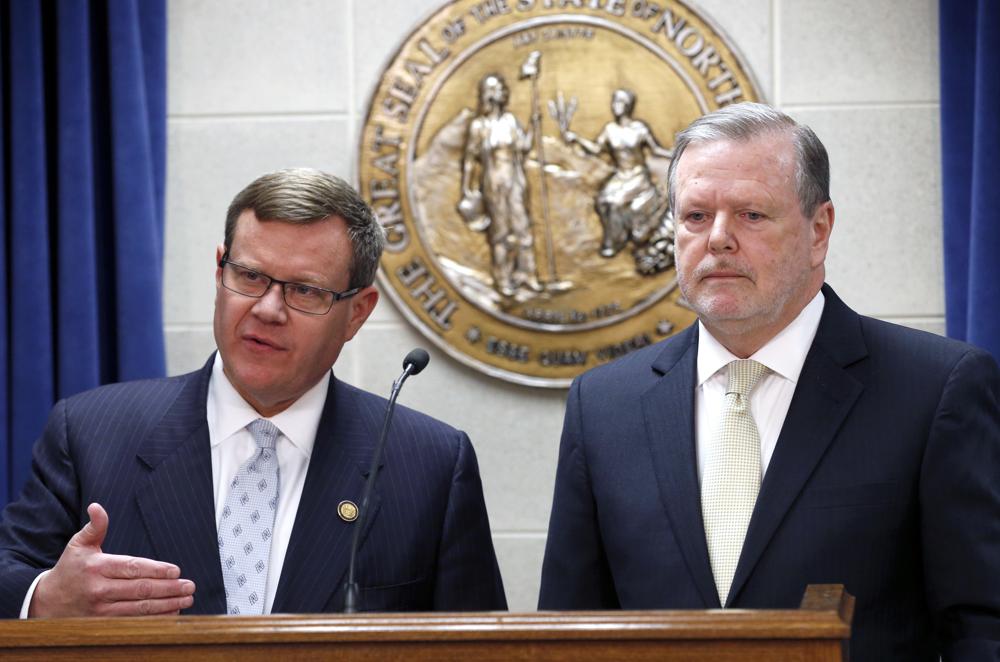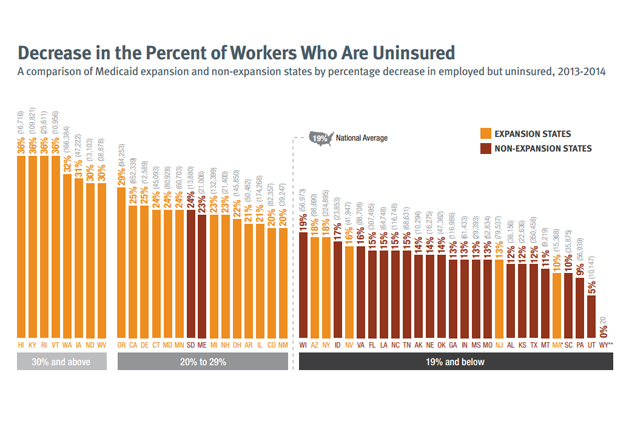***UPDATE: The Supreme Court has issued a 6-3 ruling allowing subsidies to continue to be offered in states that did not establish their own marketplace. You can read the full opinion here.***
The U.S. Supreme Court will release a decision within the next few days that may affect more than half a million North Carolinians who purchased health insurance through the Affordable Care Act.
The question before the Court in King v. Burwell is whether the federal government overreached when it allowed subsidies to flow to states, like North Carolina, that did not set up their own health insurance exchanges.
North Carolina is among 34 states that do not have state-run health insurance marketplaces. That means North Carolina residents who want to buy insurance through the Affordable Care Act have to do so through the federally-run exchange. About 550,000 North Carolinians did just that, and most of them, says Duke University public policy professor Don Taylor, received tax breaks to help pay for their premiums.
“Ninety-one percent of the North Carolinians have gotten a subsidy,” Taylor said, “and the average amount of that subsidy is about $315 a month.”
The plaintiffs in the case argue the Affordable Care Act does not allow the federal government to give those subsidies to people in states that don’t have a state-run exchange.
“So if the Supreme Court had a simple finding for the plaintiffs,” Taylor said, “then the tax credits that are coming to North Carolinians today, they would lose those tax credits, their insurance bills would then go up, and then presumably many of them would them drop their coverage.”
Taylor says not only would such a ruling affect those who dropped their coverage because they couldn’t afford the premium, it could topple the entire federally-run exchange:
“The problem is the people who wouldn’t drop coverage, the people who are desperate to keep their insurance, are probably people who are sick. And any type of insurance market—whether it’s car insurance, homeowner’s or health insurance—if the healthy people flow out because the premiums go up, and you only have sick people left, then that’s called ‘death-spiral,’ and that insurance market is unsustainable.”
If the Court does rule for the plaintiff, Taylor says depending on the details of the ruling, there could be some legislative fixes at the national and the state levels to keep the tax breaks coming.
“Maybe North Carolina could pass a simple law that says we desire for the subsidies to still flow in North Carolina. But then it’s back to a political question again.”
The Supreme Court is expected to release a decision by Monday, June 29.






Comments on Chapelboro are moderated according to our Community Guidelines